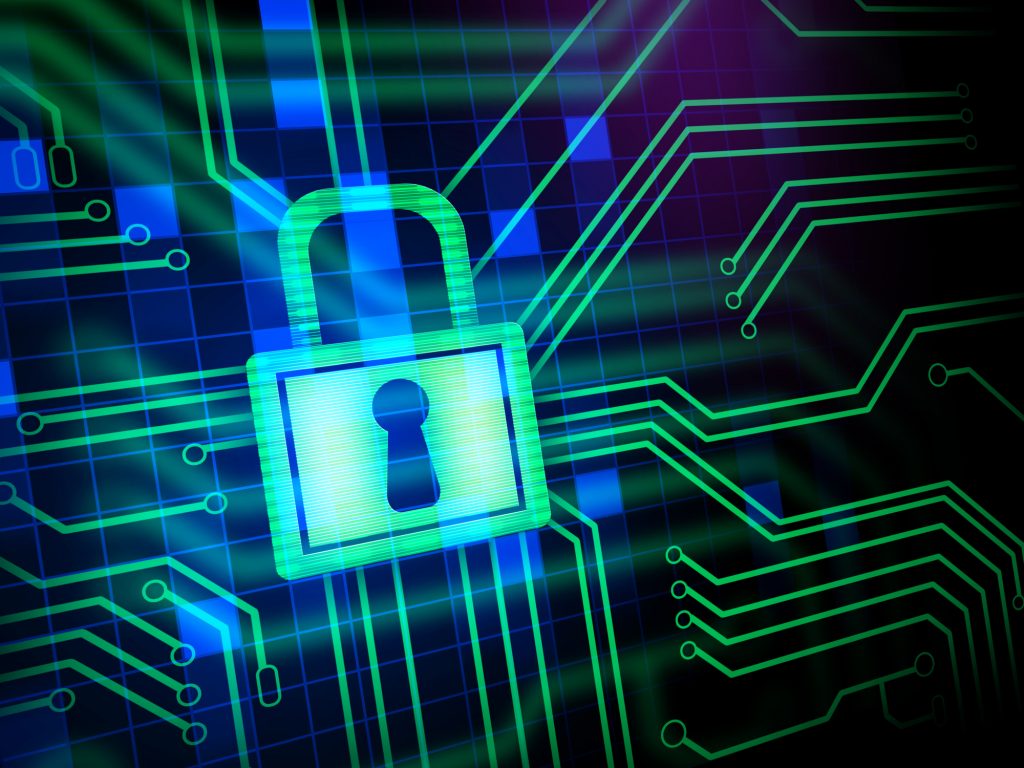Have you been hearing the terms ‘information security’ or ‘cybersecurity’ floating around the office recently? How about at virtual conferences or webinars?
Right now, as more and more workplaces opt for remote operations, cyber threats are on the rise and cybersecurity is top of mind. Keeping your business’s digital information safe should be a top priority for financial reasons, various compliance measures, and for client/customer/patient protection.
What most people don’t realize is that information security and cybersecurity are two different things, despite being similar in both title and purpose. Both pertain to securing and protecting information, but there are subtle distinctions and variations in the ways they do it that makes them distinct. Think of them as complementary terms, rather than interchangeable ones.
Anything involving information technology (IT) can be daunting to learn, even if it’s just learning new terminology and understanding the meaning behind words and phrases. In this case, however, understanding how information-sharing systems work is vitally important when it comes to protecting your business’s data.
At Tekmanagement, we know the importance of securing your digital information against theft and unwanted access.So we’re here with some terminology. Step #1 for you is understanding the various security terms, and what they have to do with keeping your valuable information safe behind your (virtual or physical) closed doors.
What is Information Security?
Information security is just like it sounds: it’s the protection of valuable assets that a person or business owns and wants to keep safe and secure.
Information assets can include business data, personal records, copyrights, trade secrets, or any other type of valuable information. The idea here is to keep your info locked away and safe, whether it’s digitally on a computer, or physically in a box or store room.
Regardless of how your business materials are stored, the purpose of information security is to keep your data protected from the dangers of disruption, modification, or destruction. So, if your data is all on paper hard copies, using a fire-proof safe or a locked filing cabinet might be a suitable form of information security.
On the other hand, if your data is stored on a computer server or digital file, you’ll need to enlist different types of tech-based security, such as passwords, firewalls, and/or antivirus software to keep your digital information secure.
By eliminating or lessening the risks of exposing or losing data, you are implementing the practice of information security. This means you’re taking measures to ensure your business property can’t be misused, stolen, lost or distributed.
What is Cybersecurity?
Whereas information security covers the whole nine yards of physical and digital protection, cybersecurity focuses solely on electronic threats. Think of cybersecurity as a sub-category of information security. The goal is still to protect your data, but the specific aim is to safeguard the digital information stored on your computer, server, network, website, online profiles or other devices.
Much like information security, cybersecurity is vital for business longevity. When a breach occurs (whether it’s a hacker directly targeting your business or a malware attack that happens to get into your computer system), losing valuable data can be a disastrous experience for any business.
Using complex passwords, encrypting private information and creating backup files are all examples of cybersecurity methods that businesses can use to protect their electronic data. At a minimum, they offer reassurance. In reality, they also deter hackers who want easy access to the information your business holds (account numbers, customer names, addresses, passwords, bookkeeping information, etc.).
How To Defend Your Business Against Data Theft
There are several things businesses can do themselves to up their information security hygiene. Using email encryption, establishing company-wide password protocols, locking important documents on site, creating duplicate copies…these are all steps your business can (and should) take to improve data security.
Extensive safety and protection, however, takes advanced systems that are designed to address even the latest and most complex cyber threats. It also takes regular updating, maintaining current knowledge, and communicating with your team about expectations and best practices.
Bonus reading if your team is working from home: Remote Working: How to Keep Your Data Safe
At Tekmanagement, our goal is to help keep your business systems running safely and smoothly. One of the best ways we do this is by making sure your digital information is secure through means of network reporting, firewall implementation, content filtering, malware prevention, email and spam protection, security audits, backups, and comprehensive cybersecurity plans.
Since 1979, we’ve helped Southern Oregon businesses stay focused on what they do best, while taking the burden of IT security off their shoulders. For information on your business’s specific cybersecurity needs, give us a call at (541) 779-4777. We can perform a free tech audit, and let you know which cybersecurity measures we recommend for strengthening your digital defenses.
Then, when you hear those ‘information security’ and ‘cybersecurity’ terms buzzing around among your colleagues, you can rest easy knowing your digital data security is taken care of by a team of local and knowledgeable experts.


